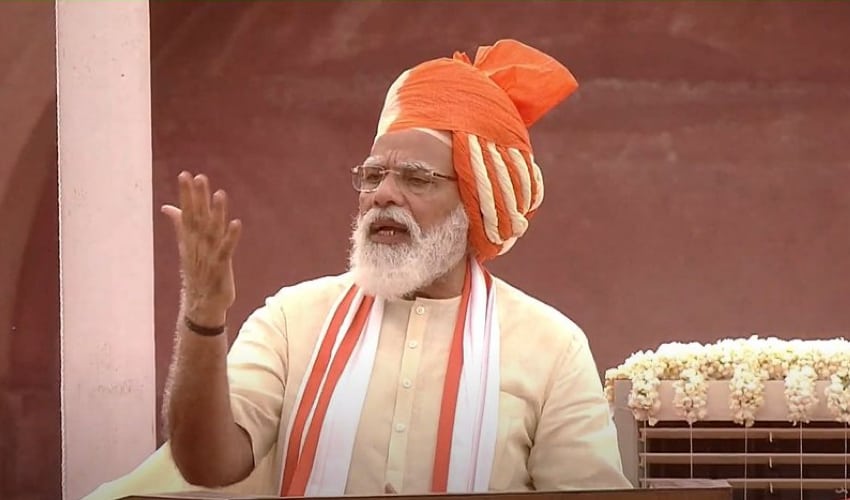Canada-India Diplomatic Dispute: A Delicate Balancing Act for Global Powers

Explore the intricacies of the Canada-India diplomatic dispute and how global powers like the United States navigate international relations.
The arena of international diplomacy frequently involves governments juggling intricate connections while attempting to retain alliances and advance their own interests. This fine tango on the world stage is best shown by a recent conflict between Canada and India. Allegations of Indian involvement in the assassination of Sikh separatist Hardeep Singh Nijjar in Vancouver are at the center of the issue.
The Conflict Exposed
Indian participation in the murder of Hardeep Singh Nijjar is allegedly something that Canada has accused India of. These accusations are vigorously refuted by India, causing a rupture in their diplomatic ties. Because of this, Canada chose to scale back its diplomatic operations in India, which sparked a number of responses and remarks from various parties.
The Concerns of the United States
A major participant on the international stage, the United States, expressed worry about the disagreement. Canada’s reduced diplomatic presence was not insisted upon by Washington, and the United States urged India to cooperate with the ongoing homicide inquiry.This strategy emphasises how crucial diplomacy is for settling disputes and sustaining diplomatic relations, especially in the face of difficulties.
The Position of the United Kingdom
Another significant global player, the United Kingdom, added their perspective to the discussion. The UK criticized India’s actions that caused Canadian ambassadors to leave the nation. It emphasized how crucial it is to uphold international agreements like the Vienna Convention, which describes the rights and advantages enjoyed by accredited members of diplomatic missions.
The Threshold for World Powers
The predicament poses a difficult quandary for both the United States and the United Kingdom. On the one hand, they must take Canada’s concerns into consideration and preserve the standards of diplomacy and international accords. The relationship they have with India, on the other hand, must be carefully managed given that country’s position as an important regional and global player.
Also Read:- 51 Countries Take Stand Against China In UN, Here Is Why
India as a Counterbalance to China
Analysts have observed that the US and UK do not want to jeopardise their relationships with India. They see India as an essential counterbalance to China, their main Asian foe.As they work to preserve their strategic alliances in the area, this dynamic makes their reactions to the Canada-India disagreement more complex.
The complex realm of international diplomacy is vividly shown by the diplomatic disagreement between Canada and India. It emphasises the fine line that major world powers like the United States and the United Kingdom must walk in order to safeguard their interests while maintaining crucial partnerships. The circumstance serves as a reminder of the value of keeping diplomatic relations open even during times of conflict and the necessity of upholding international agreements in the sake of maintaining world security.



